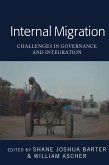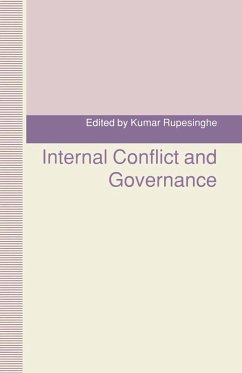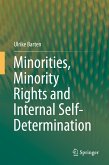Why are some international nongovernmental organizations (NGOs) more politically salient than others, and why are some NGOs better able to influence the norms of human rights? Internal Affairs shows how the organizational structures of human rights NGOs and their campaigns determine their influence on policy. Drawing on data from seven major international organizations-the International Committee of the Red Cross, Amnesty International, Human Rights Watch, Medecins sans Frontieres, Oxfam International, Anti-Slavery International, and the International League of Human Rights-Wendy H. Wong demonstrates that NGOs that choose to centralize agenda-setting and decentralize the implementation of that agenda are more successful in gaining traction in international politics.Challenging the conventional wisdom that the most successful NGOs are those that find the "e;right"e; cause or have the most resources, Wong shows that how NGOs make and implement decisions is critical to their effectiveness in influencing international norms about human rights. Building on the insights of network theory and organizational sociology, Wong traces how power works within NGOs and affects their external authority. The internal coherence of an organization, as reflected in its public statements and actions, goes a long way to assure its influence over the often tumultuous elements of the international human rights landscape.
Dieser Download kann aus rechtlichen Gründen nur mit Rechnungsadresse in A, B, BG, CY, CZ, D, DK, EW, E, FIN, F, GR, HR, H, IRL, I, LT, L, LR, M, NL, PL, P, R, S, SLO, SK ausgeliefert werden.









